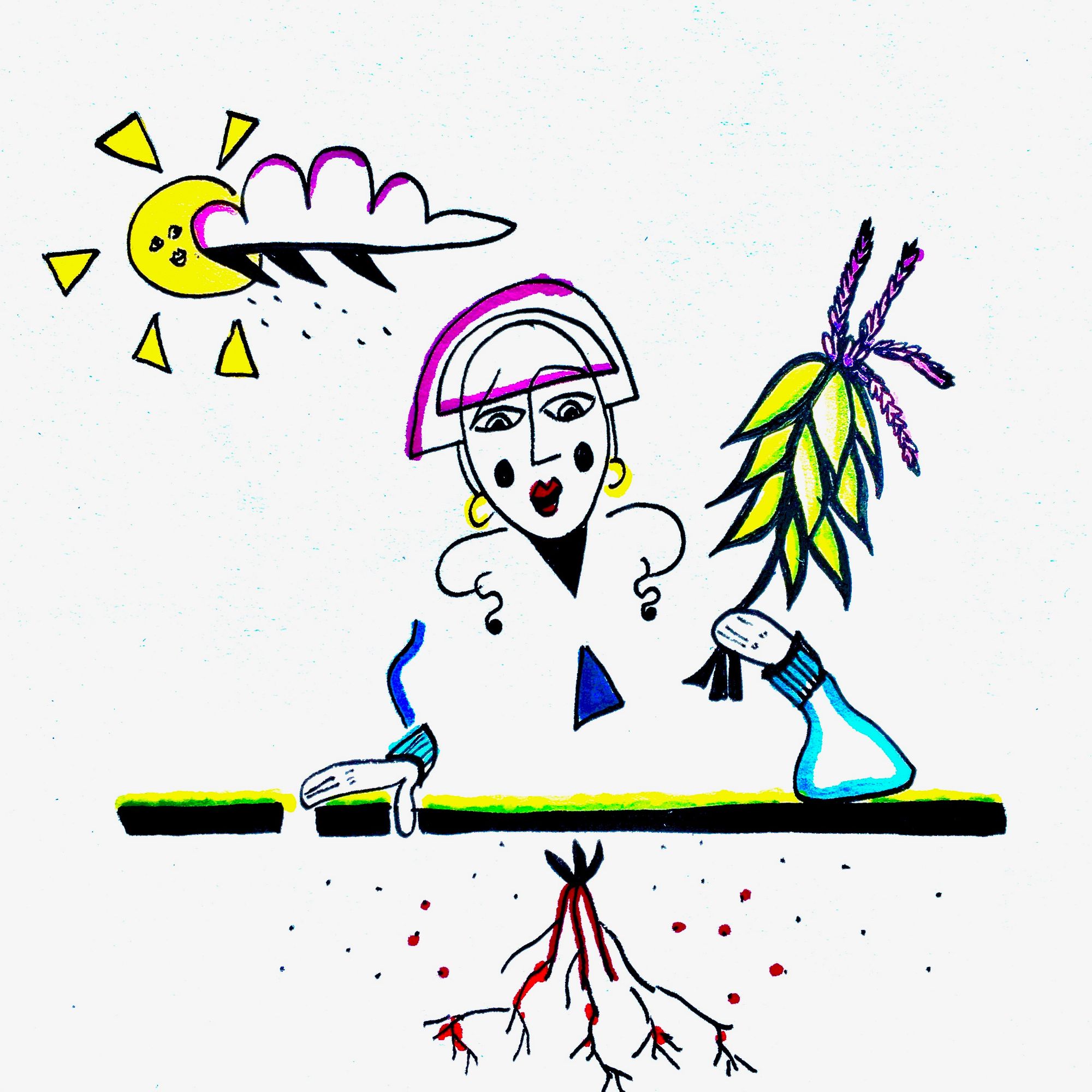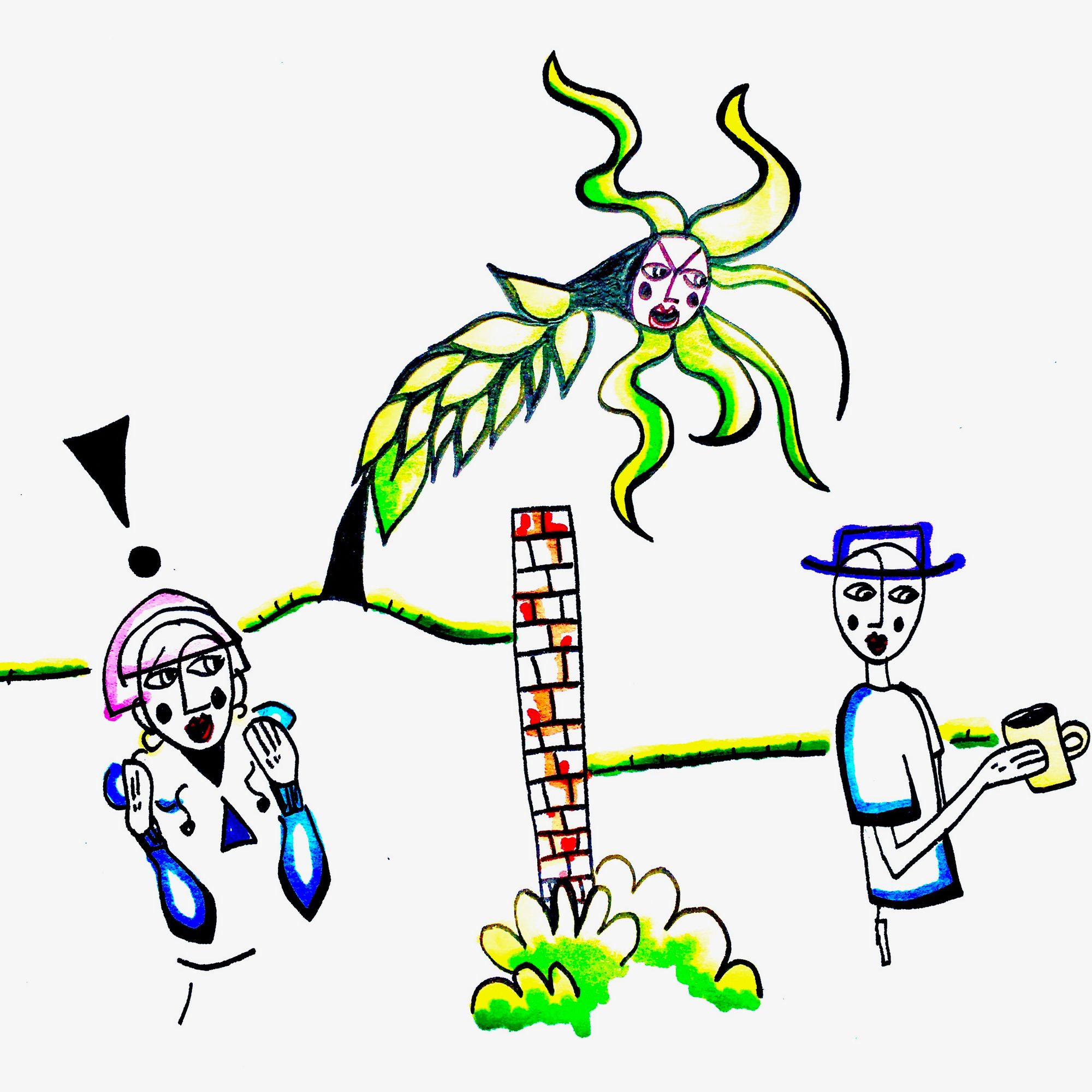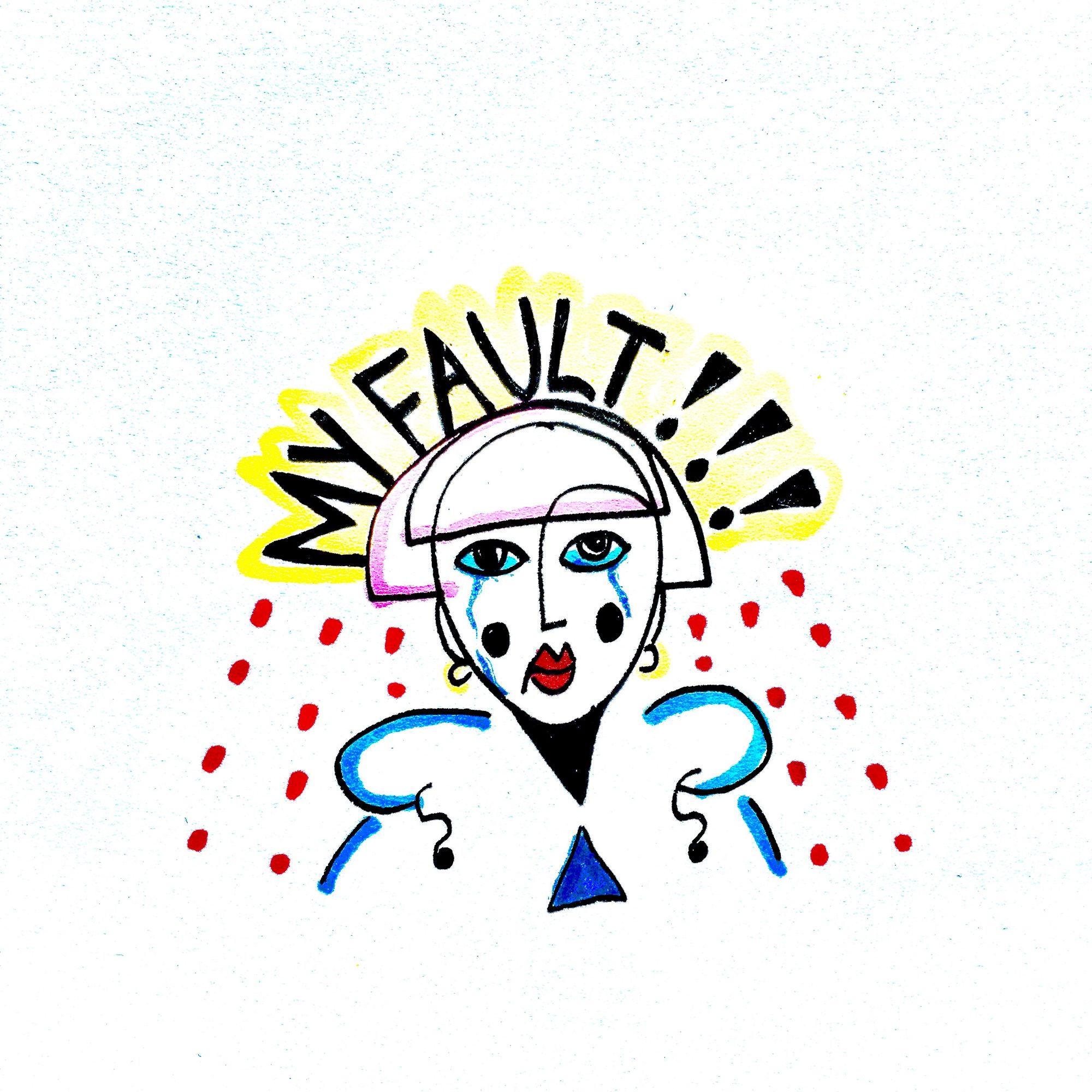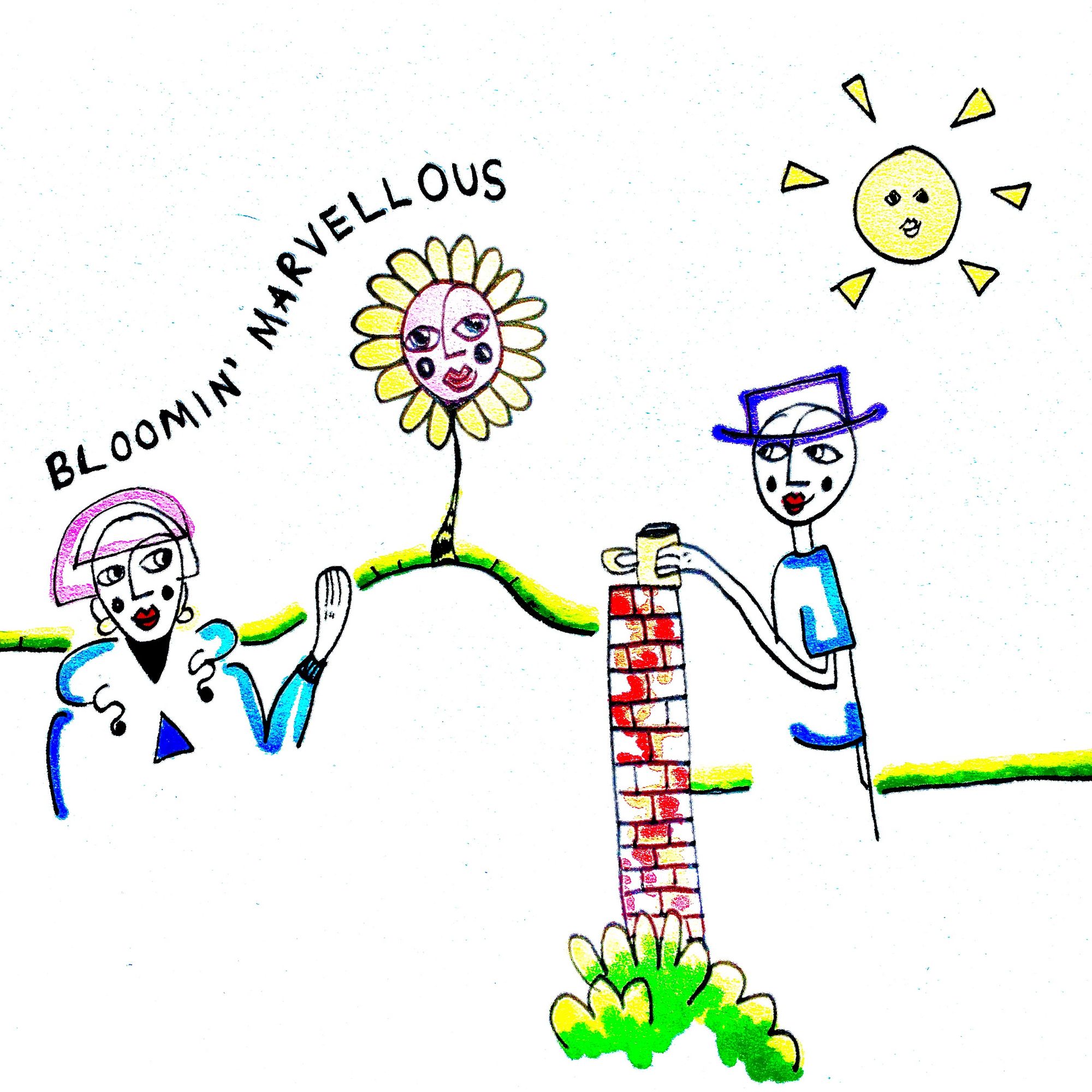By Maddi Lane, Wellbeing Online Columnist
The Croft // ‘The Stress Melt’ series: our online columnist considers the human stress-reflex and how we can adapt this emotional process for a happier and healthier life.
Imagine for a moment that instead of living in halls, you live in a street with neighbours (who are most likely also students and can often be seen - or smelt – smoking from across the fence) and a garden (a few of you second and third years may not need to imagine, lucky you).
You notice, peeping through a crack in the flagstones, a clump of weeds - enticing you to wrench them out. So you do. However, the root system of this clump of weeds remains intact, and it’s not just any clump of weeds; it’s Japanese knotweed, a notoriously stubborn garden killer, and like the heads of the relentless Hydra, once a stalk is severed, two more appear in its place.

By the next day, the garden is a sprawling jungle; the Hydra heads of knotweed swallowing the hydrangeas; and in a week, it has become hungry for more, transcending the fence between your garden and the neighbours’ and feasting on the nutritious, ash-enriched earth there.
When your neighbour steps out for their morning fag, you begin to panic and mistake their ‘I haven’t even had a coffee yet’ face, for an expression of bitter resentment at your garden problem infesting their outdoor dirt patch. Internalising this absolute failure, you realise the ultimate impossibility of ever functioning as a human being, and resolve to spend the rest of your days disguised as an extension of your duvet, that you may never inconvenience anyone ever again.

This melodrama can be used to analogise the thought processes and cognitive pathways that are enforced when we get stressed. Ask yourself this question: what causes my stress? How do I so successfully stress myself out? Often, it goes something like this:
- Notice something in my environment to get stressed about.
- Internalise it and overthink it.
- Make it bigger and darker than it is.
- Make it my responsibility.
- Expect that everyone else cares about it as much as I do.
- Beat myself up if it doesn’t go the way I planned/expected.

Last time, I wrote a little about the hormones cortisol and adrenaline that are released when we get stressed, and how prolonged stress can cause depression.
Stressful situations also cause a reduced production of serotonin and dopamine, which usually regulate biological processes such as mood and muscle control, as well as appetite, sleep and sex drive. Chronic stress can mean that these chemicals don’t get a chance to function, which is how people who are under a lot of stress can get depressed.
I’d like to stress the importance of listening to your inner compassionate voice in stressful situations, rather than your inner critical voice
In light of World Mental Health day - which occurred last week - I’d like to stress (pardon the pun) the importance of listening to your inner compassionate voice in stressful situations, rather than your inner critical voice. One way we can do this is to adapt the aforementioned emotional process so that it makes us feel good, instead of bad.
For instance, in our garden, we could plant a seed. We give the seed water and sunlight and soon we notice a little, green shoot poking its head through the earth. The shoot turns into a stem that produces leaf after leaf and finally, blooms a beautiful flower for everyone to see.

The Stress Melt: the freshers’ experience and the science of stress
Alternative wellbeing series: A greener way to fight stress
Your neighbour congratulates you on your wonderful flower and is inspired to cultivate an interest in their own flowerbeds. You are overcome by gratitude for yourself and your ability to flourish and motivate yourself and others.
In short:
- Find something in your environment to feel good about.
- Internalise it and think about it again and again.
- Make it bigger and brighter.
- Know that it is because of you that this good thing has happened/exists/is appreciated.
- Know that everyone else appreciates it just like you do.
- Celebrate the situation, no matter how it goes.
Featured image: Epigram / Astrid Lucia Spruzen
What’s your favourite way to de-stress? Let us know.









